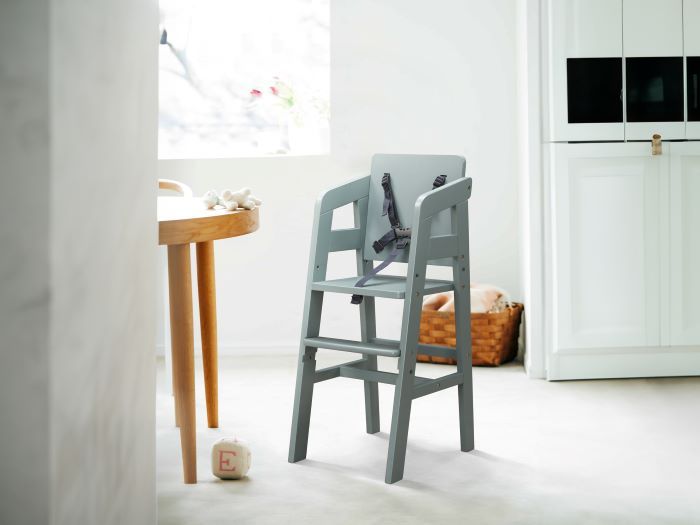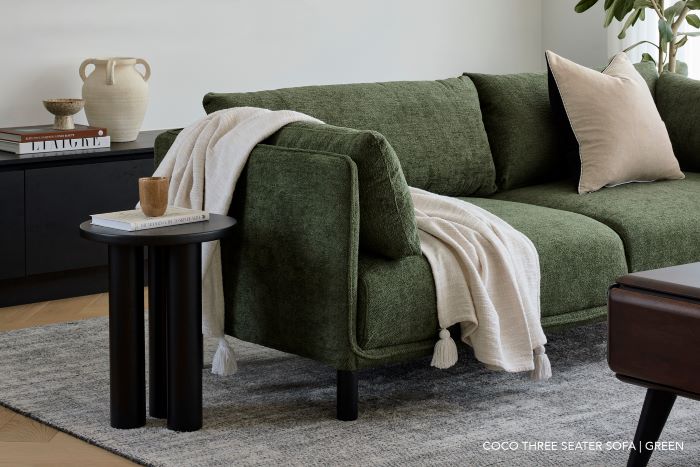Do you have night sweats? Do you wake up drenched in sweat, even if the room is cool?
Some people find it difficult to sleep and stay cool. They sweat so much that they wake up drenched in sweat, waking their spouse or partner as well. The body naturally has a cooling process by releasing heat through the skin's surface and increasing blood flow to the skin of the feet and hands. When these two mechanisms are not working properly, you can experience "night sweats."
Luckily, there are a few things you can do to improve your sleeping and prevent night sweats.
Get a Cooling Mattress
One of the most important things you can do is change the mattress you sleep on. You might even want to consider getting a cooling mattress to help keep your body cooler.
A cooling mattress pad is an excellent, cost-effective way to reduce sweating and increase your comfort level when sleeping.

Improve Your Bed Environment
When you are in bed, your body is losing heat through evaporation. The more surface area that is exposed to the air, the greater amount of evaporation will occur. Therefore, keeping all surfaces of your mattress covered with sheets to maximize evaporation can help reduce nighttime sweating
Drink Water Before Going to Sleep
Keeping your body hydrated, especially before going to sleep, is another simple thing you can do to prevent nighttime sweating. Sipping on some water during the day and then stopping just prior to bedtime will help keep your body hydrated throughout the night and reduce your chance of waking up in a pool of sweat.
Make Some Cool Air in Your Bedroom
If you are able to, try and make your bedroom a little cooler at night. You can do this by using a fan, opening a window, or using an air conditioner.
Even if your bedroom is not overly hot, the added airflow can help keep you cool and reduce sweating.
Avoid Alcohol and Caffeine
Alcohol and caffeine are both diuretics, which will cause you to lose water/sweat more throughout the day. Drinking alcohol and coffee before bedtime can make it difficult to sleep, but they can also increase your chances of waking up in a puddle of sweat even if your room isn't as hot.
Don’t Use Tobacco or Certain Medicines Before Sleeping
If you use tobacco or certain medications before bedtime, it can make it harder to fall and stay asleep. The lack of sleep can make it difficult for your body to regulate its temperature while you sleep, which increases the likelihood of waking up in a cold sweat.
Wear Breathable Clothing
Wearing clothing that is made from breathable fabrics can also help keep you cool while you sleep. Cotton and linen are both good options, as they allow your skin to breathe and evaporate sweat.
You might even want to consider short sleeves instead of long ones.
When Should I Seek Professional Help?
If you are experiencing excessive sweating or night sweats that are disrupting your sleep and daily life, it is important to seek professional help. There are a number of possible causes for this, such as hormonal changes, menopause, anxiety, and medication side effects.
A doctor can help you determine the cause of your sweating and provide you with the appropriate treatment.
Conclusion
Staying cool helps to reduce sweating and sleep better. However, it's not always easy because there could be a medical condition that's causing it.
If you already checked and know that there's no underlying medical condition, you can try some of these tips and tricks.
In most cases, changing your bed environment, lowering the room temperature, and staying away from caffeine do the trick.





